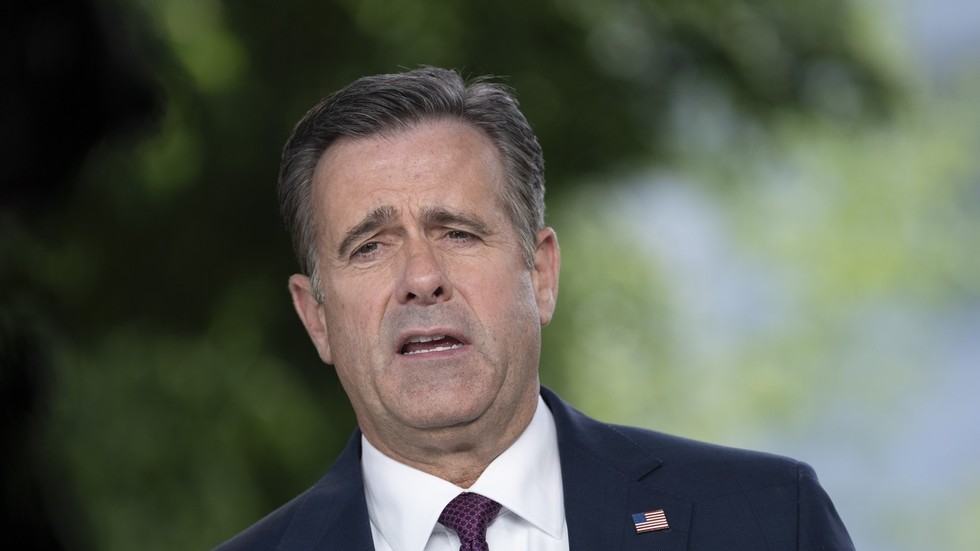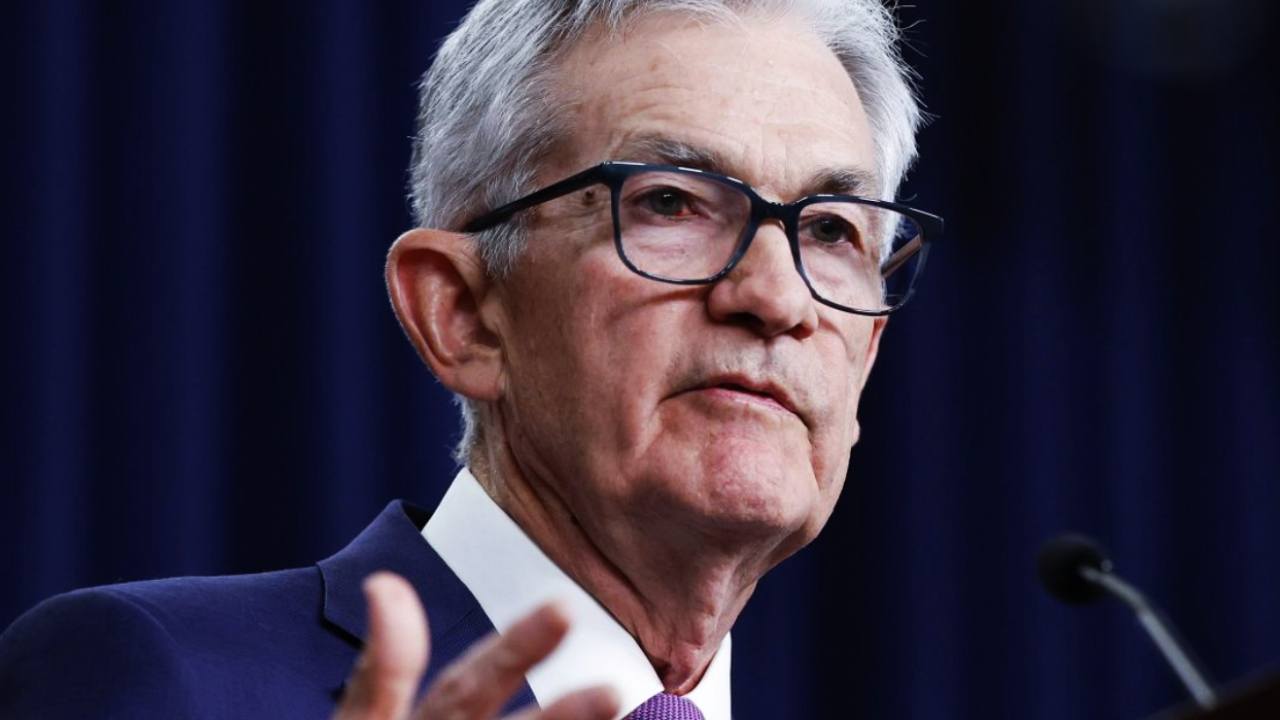On October 10, Russia unleashed an air barrage across Ukraine, targeting major cities including Kyiv in some of the most aggressive bombing campaigns since the start of the invasion. It was another sign that Russia is still prepared to use maximalist tactics in this drawn-out, nearly eight-month war.
Russian missile strikes killed at least 19, according to Ukrainian officials, and damaged critical infrastructure across Ukraine, cutting off electricity, water, and mobile networks. The attack spanned Ukraine, with rockets hitting cities like Kyiv for the first time since June. Lviv, in western Ukraine, was targeted, as was Kremenchuk, in central Ukraine, and cities in the east and south. The campaign launched not long after Putin appointed a new commander to lead the Ukraine war effort, Gen. Sergey Surovikin, a military figure who oversaw the bombardment of Aleppo, Syria.
Russian President Vladimir Putin called these strikes retaliation for the bombing of Kerch Bridge, which connects Russia to the Crimean Peninsula, which Russia illegally annexed in 2014. Putin called the bridge explosion a “terrorist act.” However, as some experts pointed out, Moscow had already been mobilizing for a potential strike earlier this month; the attack on Kerch most likely offered a pretext to launch the barrage.
“This is in keeping with Moscow’s approach to warfare throughout this conflict, albeit not explicitly, which is keeping it coercive,” said Olga Oliker, program director for Europe and Central Asia at the Crisis Group.
“The idea is consistently that if you don’t give us what we want, we are going to keep inflicting pain on you,” she added. “And this is a reminder.”
This latest bombardment comes against the backdrop of compounding Russian military struggles in Ukraine — and this is Russia’s latest attempt to try to pressure Ukraine and to send a political message, maybe most importantly, to Putin’s audience at home. The strikes may not ultimately shift the dynamics on the battlefield, but Russia can — and will — continue to punish and pressure Ukraine.
Why did Russia engage in this barrage?
A month of Ukrainian counteroffensives has managed to clip back territory from Kremlin control, prompting Russian President Vladimir Putin to introduce a partial mobilization of hundreds of thousands, which was met with resistance and chaos within Russia. Putin made a show of annexing four Ukrainian regions under partial Russian control, but even the Kremlin can’t figure out where to set the illegal borders. The bombing of Kerch Bridge, a symbolic blow to Moscow, intensified the pressure on Putin to act.
Russian strikes continued on October 11, but to a lesser degree. Russian troops are also returning to Belarus. The reasoning for that move isn’t entirely clear, but it adds to a sense of coercion — at any moment, Russia might be willing to escalate.
But the question is whether Russia can, and in what form.
Nick Reynolds, a research analyst for land warfare at the Royal United Services Institute, described the latest series of strikes as a “pulse of activity to send a political message.” But, he added, it’s not something they will be able to sustain.
Russia faces real constraints: There were already questions about whether the country was running out of sophisticated weapons like long-range precision munitions. Between the war running longer than Moscow expected and sanctions restricting its ability to replenish its stocks, Russia has recently been seeking weapons elsewhere. Ukraine air defense systems, according to Ukrainian officials, have also been successful in intercepting some Russian missiles, limiting the impact of the bombardment.
In some ways, that makes the blitz on October 10 even more unusual, that Russia would expend such weapons for an attack that will unlikely have a material effect on the current trajectory of war. “None of yesterday’s attacks undermined the military capacity of Ukrainians to resist,” said Mariana Budjeryn, a senior research associate with the Project on Managing the Atom at Harvard Kennedy School’s Belfer Center. “It only made everyone much more angry and motivated and clench their teeth that there’s really no way to settle this other than by expelling the Russians from our land.”
As experts said, the military strikes create havoc, terrorize and kill civilians, and appear to deliberately target critical infrastructure — 12 energy facilities were damaged, according to the United Nations High Commissioner for Human Rights. There was real damage to power sources, though electricity was restored in some regions. Those kinds of attacks, ahead of winter, may be a cruel attempt to increase suffering, and wear down Ukrainians’ morale.
Except that hasn’t happened yet, and seems unlikely to. Ukraine requested more assistance from the West with air defense systems, and Germany said Monday it would accelerate the planned delivery of Iris-T infrared-guided air defense systems. The Group of Seven, at an emergency session, also pledged “undeterred” support for Ukraine, and NATO Secretary-General Jens Stoltenberg urged Western allies to provide more weapons to Ukraine.
All of which makes the deadly and devastating strikes seem counterproductive, another sign the Ukraine war is not going as Putin planned. “It really does signal the desperation of the Kremlin,” said Ben Hodges, senior adviser at Human Rights First and former commanding general of US Army Europe. “Their military has been a failure, their logistics are exhausted, their mobilization effort has been a bungled catastrophe, and even with a new commander — who’s famous for brutality and I don’t know what else — he is not going to be able to fix, in any short amount of time, the large number of deeply rooted problems … in the Russian forces.”
This particular decision also sits against the backdrop of Putin’s nuclear threats. This strike relied on conventional weapons, a tactic that the Kremlin has deployed in Ukraine and elsewhere. As experts said, it is hard to know exactly what message Putin wants to convey. On the one hand, Oliker said, it could be a sign that Russia is willing to go up the ladder and keep causing an awful lot of pain — a warning to stop pushing Moscow. “Or you can look at this and say, ‘Well, they’re expending on almost all of their conventional capacity, rather than use nuclear weapons,” she said.
Putin may want Ukraine, and the West, to read it as the former. And that is partly why the counterproductive nature of this recent barrage — using expensive weapons, with few battlefield gains — is worrying when it comes to nuclear threats. It doesn’t accomplish much, but it shows how far Putin might be willing to go.
“Maybe his strategy is not doing some damage in order to get positive gains,” said Budjeryn. “In the end, maybe it’s: ‘We’re going down and we just kind of take you with us.’ It’s like the negative-sum game. We’re going to suffer — but our theory of victory is to make sure everybody else suffers even more.”













